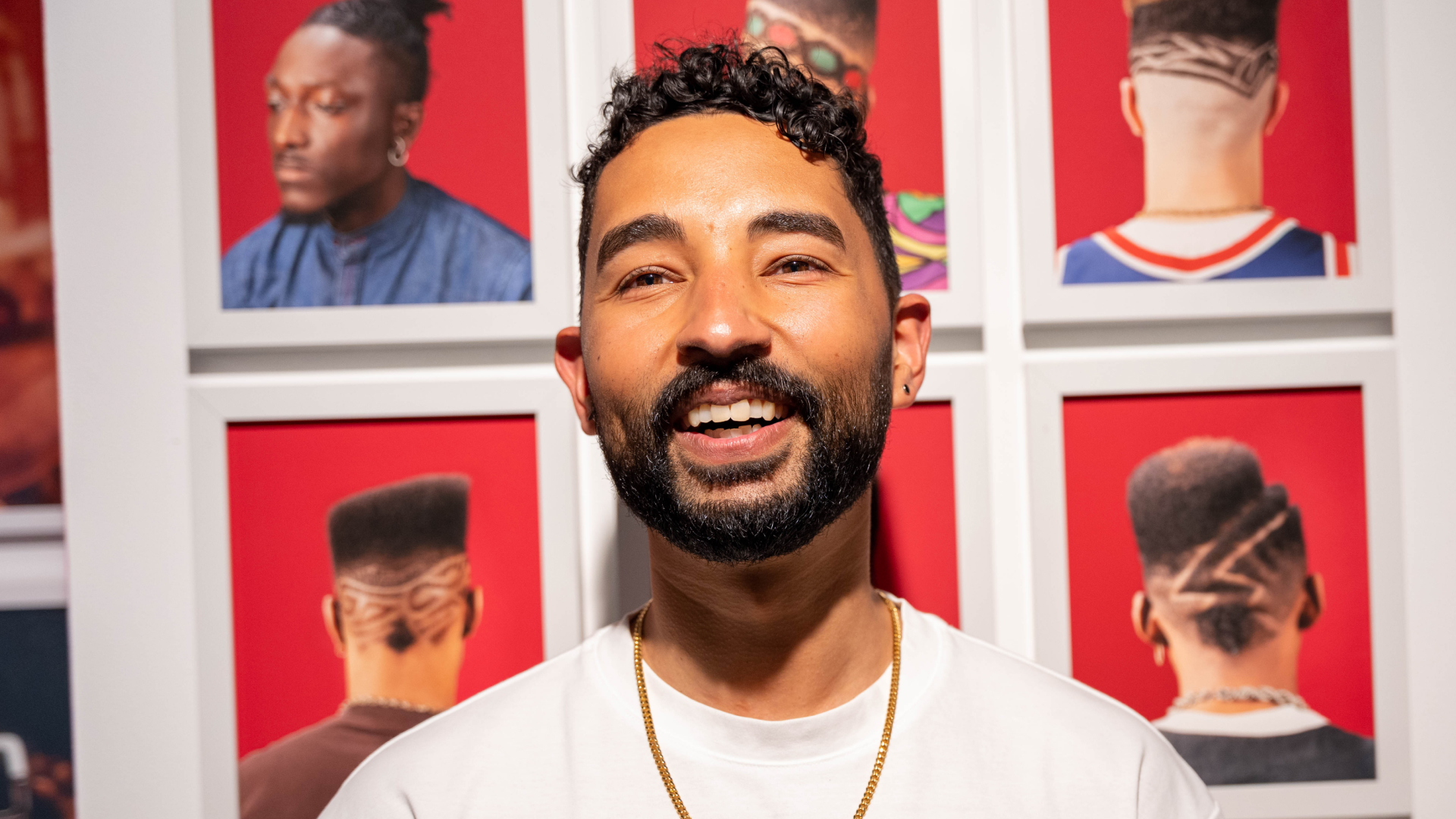About
Join the Museum of the African Diaspora in celebrating When Language Broke Open, a new anthology centering the work of more than 40 Black queer and trans writers of Latin American descent. Editor, Alan Pelaez Lopez, will be joined by Salvadoran-Guatemalan cartoonist, Breena Nuñez, and Dominican American poet-theorist, Franchesca Araújo.
Copies of When Language Broke Open are be available from the MoAD bookstore.
About the Book
When Language Broke Open collects the creative offerings of forty-five queer and trans Black writers of Latin American descent who use poetry, prose, and visual art to illustrate Blackness as a geopolitical experience that is always changing. Telling stories of Black Latinidades, this anthology centers the multifaceted realities of the LGBTQ community.
By exploring themes of memory, care, and futurity, these contributions expand understandings of Blackness in Latin America, the Caribbean, and their U.S.-based diasporas. The volume offers up three central questions: How do queer and/or trans Black writers of Latin American descent address memory? What are the textures of caring, being cared for, and accepting care as Black queer and/or trans people of Latin American descent? And how do queer and trans embodiments help us understand and/or question the past and the present, and construct a Black, queer, and trans future?
The works collected in this anthology encompass a multitude of genres—including poetry, autobiography, short stories, diaries, visual art, and a graphic memoir—and feature the voices of established writers alongside emerging voices. Together, the contributors challenge everything we think we know about gender, sexuality, race, and what it means to experience a livable life.
About the Contributors

Breena Nuñez is a cartoonist and professor from the San Francisco Bay Area. She creates comics that center on the nuances of existing as an AfroCentral American person from the U.S. as well as using comics to articulate what queerness means to them.

Franchesca Araújo is an anti-colonial writer who uses geopoetics as a method to think about cross-temporal affirmations of place (rather than nation) and express a commitment to end this world (a method and form Araújo deems "el caribe apocaliptico"). In her work, there are glimpses of written and visual archival documents from both the 1700s to the late 19th century, as well as the 20th century in the U.S. South and circum-Caribbean.

Alan Pelaez Lopez is a writer and visual artist invested in futures where forced migration and compulsory nationalism end. They're the editor of When Language Broke Open: An Anthology of Queer and Trans Black Writers of Latin American Descent and a former poet-in-residence at the Museum of the African Diaspora.
Made possible by


.png)
.jpg)

